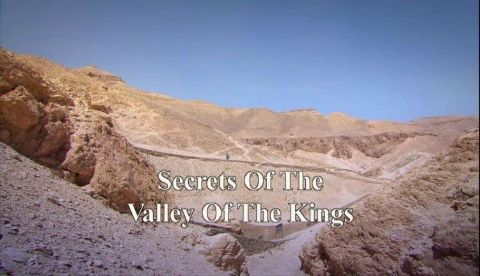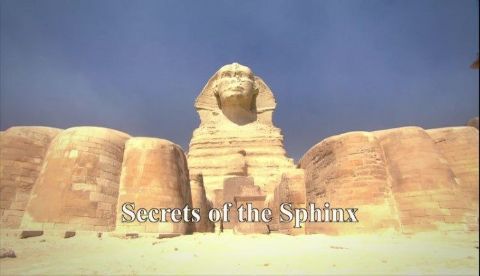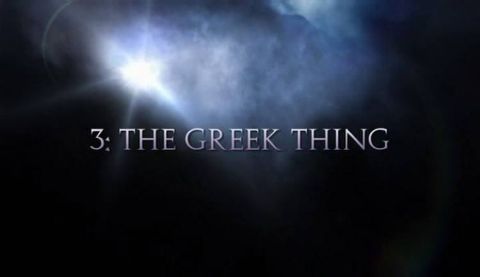The Real Ramses • 2008 • episode "Part 2" • Egypt Unwrapped
There is one Egyptian pharaoh who towers above the rest: Ramesses II. A formidable warrior, builder, lover and statesman, he declared himself a living god. Archeologists look again at Ramesses, in the hope of finding out more and explores his claim to be called the "Great". This instalment charts the life of Rameses II, the longest-lived pharaoh, who is widely regarded as Egypt's greatest ruler. New discoveries have shed more light on the king's successful reign, while Egyptologists continue to debate the nature of his character and the political, military and religious achievements of Rameses II.
Make a donation
Buy a brother a hot coffee? Or a cold beer?
Hope you're finding these documentaries fascinating and eye-opening. It's just me, working hard behind the scenes to bring you this enriching content.
Running and maintaining a website like this takes time and resources. That's why I'm reaching out to you. If you appreciate what I do and would like to support my efforts, would you consider "buying me a coffee"?
Donation addresses
BTC: bc1q8ldskxh4x9qnddhcrgcun8rtvddeldm2a07r2v
ETH: 0x5CCAAA1afc5c5D814129d99277dDb5A979672116
With your donation through , you can show your appreciation and help me keep this project going. Every contribution, no matter how small, makes a significant impact. It goes directly towards covering server costs.










